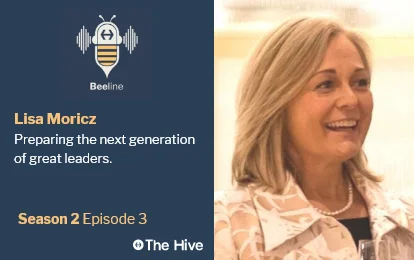Effective communication is the process through which information, thoughts, ideas, and feelings are exchanged in a manner that is clear, concise, coherent, and tailored to the intended audience to ensure the message is understood exactly as intended.
It involves ensuring clarity and conciseness in message delivery, removing ambiguity and making the information straightforward to grasp. At its heart, it also includes active listening, where the communicator fully engages with the speaker, comprehends their message, responds thoughtfully, and retains the information shared.
Non-verbal cues such as body language, facial expressions, gestures, and tone of voice are pivotal in how messages are received and interpreted. Effective communicators are not only mindful of their own non-verbal cues but also skilled at interpreting these cues from others to enhance mutual understanding.
Adaptability in communication style and approach based on the context, situation, and the specific needs of the audience is crucial for ensuring the message is appropriate and effective. This includes being considerate of cultural differences and the chosen communication medium, whether face-to-face or digital.














